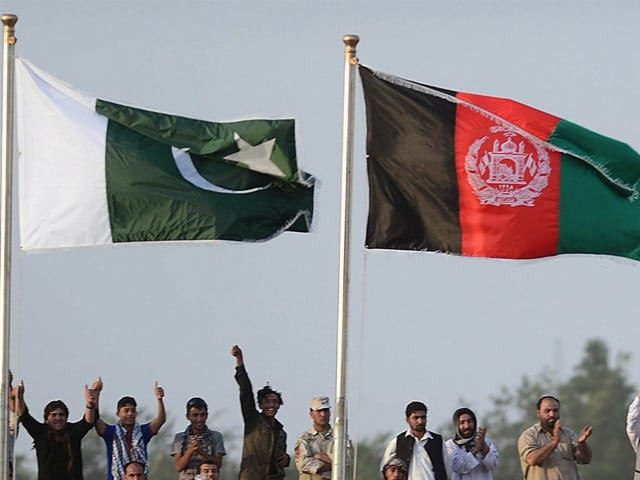In a world extensive with geopolitical tensions, the recent meeting between Afghanistan Prime Minister Mullah Hasan Akhund and Jamiat Ulema-i-Islam Fazl (JUI-F) Chief Maulana Fazlur Rehman marks a critical juncture in Afghanistan-Pakistan relations. Akhund's assurance that Kabul does not intend to harm Pakistan or any other country is a significant statement, underscoring a potential shift in regional dynamics.
Afghanistan and Pakistan's relationship has been historically complex, marred by mutual distrust and accusations. The rise of the Taliban in Afghanistan has further strained these ties, particularly with the spike in terrorist activities, such as those claimed by the Tehreek-e-Taliban, exacerbating tensions. The recent deportation of Afghan nationals from Pakistan adds another layer to this already intricate relationship. Against this backdrop, the meeting between the Afghan leadership and the JUI-F delegation signifies more than a diplomatic courtesy; it represents a crucial step towards addressing longstanding grievances and misunderstandings.
Prime Minister Akhund's statement that the "Islamic Emirate will not allow anyone to pose a threat to any country" is pivotal. It addresses a core concern of Pakistan: the use of Afghan soil for terrorist activities against its interests. This assurance, if followed through, could pave the way for a new era of cooperation and trust between the two neighbours. However, the effectiveness of this promise hinges on the Taliban's control over various factions within Afghanistan and their ability to prevent these groups from launching cross-border attacks.
Moreover, the Afghan PM's emphasis on the role of religious scholars in resolving problems highlights an often overlooked aspect of diplomacy in Islamic countries. In societies where religious leaders hold significant sway, their involvement can be instrumental in peacebuilding and conflict resolution. The JUI-F chief's visit, thus, is not just symbolic; it's a strategic move to leverage religious diplomacy in easing tensions. This approach could be particularly effective in addressing issues like the mistreatment of Afghan refugees and promoting mutual understanding.
The meeting also brought to the fore critical economic and trade issues. Afghan acting Foreign Minister Amir Khan Muttaqi's comments on the problems faced by Afghan traders and the impact of political decisions on bilateral economic ties highlight the need for a pragmatic approach to addressing these concerns. Economic interdependence can be a powerful tool in stabilising relations, and both nations stand to benefit from a more cooperative approach in trade and transit.
The significance of Afghanistan-Pakistan relations goes beyond their bilateral ties. The stability of this relationship has profound implications for regional peace, especially considering the historical involvement of external powers like the United States and Russia in this region. A stable Afghanistan-Pakistan relationship could contribute to a more balanced and peaceful South Asian region, potentially impacting the broader international dynamics, including the strategies of global powers.
Despite the positive tone of the meeting, significant challenges remain. The credibility of the Taliban's assurances, the complex dynamics of terrorist groups within Afghanistan, and the internal political pressures in Pakistan are just some of the hurdles that could derail progress. Moreover, the plight of Afghan refugees and the humanitarian issues involved need urgent and compassionate resolution.
The meeting between the Afghan PM and the JUI-F chief is a step in the right direction, but it's the beginning of a long journey. Sustained diplomatic engagement, backed by tangible actions, is necessary to translate these assurances into reality. Both countries must seize this opportunity to rebuild trust, address common challenges, and work towards a stable and prosperous future. The international community, too, should support these efforts, recognising the potential of a peaceful Afghanistan-Pakistan relationship in contributing to global stability. As history has often shown, dialogue and diplomacy can pave the way for resolutions where conflict and mistrust have long reigned.



COMMENTS
Comments are moderated and generally will be posted if they are on-topic and not abusive.
For more information, please see our Comments FAQ